>> Yen Bai enhances traditional agricultural product brands
>> Position of key agricultural products
The special feature of Yen Bai’s agricultural production is the diversity of climate zones, farming practices and cultural identities of ethnic minorities. Thanks to that, each locality is associated with unique agricultural products such as Suoi Giang Shan Tuyet tea, Van Yen cinnamon, Bat Do Tran Yen bamboo shoots, Thanh Thinh bananas, etc.
Step by step, these products are not only consumed domestically but also exported. However, in order to "give wings" to Yen Bai agricultural products to fly far, the requirement is not only to improve quality but also to participate in the supply chain from production, processing to consumption. This is also an inevitable path in the context of increasingly fierce competition and increasingly strict consumption trends.
One of the clearest examples of the effectiveness of the supply chain in Yen Bai is the Bat Do bamboo shoots in Tran Yen, Van Chan, Luc Yen and Yen Binh districts, with a total area of nearly 6,000 hectares.
Previously, the cultivation and consumption of bamboo shoots were mainly on a small scale, with low value. However, thanks to the establishment of a production - processing - consumption chain, Bat Do bamboo shoots have "transformed" into a "billion-dollar crop" for hundreds of households. Cooperatives such as Kien Thanh Cooperative, Hung Khanh Cooperative... are the bridge between farmers and consumer businesses.
Typically, Hung Khanh Cooperative currently consumes more than 500 tons of fresh bamboo shoots per year, with a revenue of nearly 3 billion VND, helping hundreds of households have a stable income. Not only stopping at the domestic market, the Cooperative's dried bamboo shoots and bamboo shoot pieces have met the 3-star OCOP standard, qualified to reach demanding markets such as Japan, Taiwan (China), and are even aiming for Europe.
"If you want to go fast, go alone. If you want to go far, go together." That saying is completely true to the thinking and way of doing of Mr. Nguyen Tien Son - Director of MQ Livestock and Agricultural Services Cooperative, Minh Quan Commune, Tran Yen District, when he is creating stability and sustainability from the production to the consumption of Tran Yen hill chicken products. Established in 2018, up to now, the Cooperative has 10 members and nearly 30 households associated in livestock farming.
Director of the Cooperative Nguyen Tien Son said: "The Cooperative signs contracts to purchase all products with partners. The average salary of cooperative members is stable at 7 - 8 million VND/month and for associated households, the income is around 10 million VND/month."
Or the project to develop green tea production linked to the value chain in Hung Khanh commune, Tran Yen district with a total scale of 60 hectares implemented by Dat Quang Agricultural and Forestry Service Cooperative, Hung Khanh commune.
Director of Dat Quang Agricultural and Forestry Cooperative - Vu Van Dinh shared: "Since joining the cooperative and the chain, we have received support from the State for seeds and technical support from enterprises to convert to growing Bat Tien tea with a much higher purchase price. Currently, all 60 hectares of tea of the cooperative members have been signed by Khe Nam Tea Cooperative, also in Hung Khanh commune, to purchase all output."
Despite positive developments, the process of building an agricultural supply chain in Yen Bai still faces many challenges. These include a lack of synchronization in the connection between producers, cooperatives and enterprises; limited infrastructure for preservation and processing; and branding and traceability that have not met international market requirements.
In addition, the fragmented production mentality and lack of linkage among farmers in some localities also makes the implementation of value chains difficult. In many places, there is still a situation of "good harvest, low price" due to lack of market information and lack of negotiation capacity with consumption partners. To solve the problem of developing agricultural products according to the value chain, Yen Bai province has determined that chain linkage must be considered a sustainable agricultural development strategy. This requires the synchronous participation of the government, businesses, cooperatives and people.
Mr. Nguyen Duc Dien - Deputy Director of the Department of Agriculture and Environment said: "First of all, the province continues to plan concentrated raw material areas, linking production with processing and consumption; encouraging cooperatives to apply high technology, digital transformation in management, traceability and market connection. Along with that, continue to support businesses in building brands, upgrading product standards according to international requirements". In particular, the OCOP program and Resolution 20 of the Central Committee on collective economic development need to be more strongly concretized locally so that cooperatives can truly become the "nucleus" in the linkage chain.
The supply chain is not simply a story of production and consumption, but an ecosystem of many closely linked links, from farmers to cooperatives, businesses and the government. Yen Bai is gradually moving in the right direction, but for agricultural products to truly "go to the big sea", it needs more successful models such as Bat Do bamboo shoots or Tran Yen tea, cinnamon and hill chicken. When the supply chain is built systematically and sustainably, Yen Bai agricultural products will not only be the pride of the locality but also a brand that reaches national and international levels.
| From 2021 to 2024, Yen Bai province has supported 59 projects linking production development according to the value chain. The projects have focused on developing the province's key products such as Bat Do bamboo shoots, mulberry cultivation, silkworm breeding, lowland tea, medium and large-scale livestock farming... In 2025, the province will continue to support the implementation of 18 projects linking production according to the value chain, including 15 transitional projects and 3 new projects. Currently, localities are continuing to focus on directing and guiding entities implementing chain linkage projects and households and individuals to implement approved and allocated planning targets. |
Hong Duyen
Source: https://baoyenbai.com.vn/12/351770/Nong-san-Yen-Bai-nhin-tu-goc-do-chuoi-cung-ung.aspx


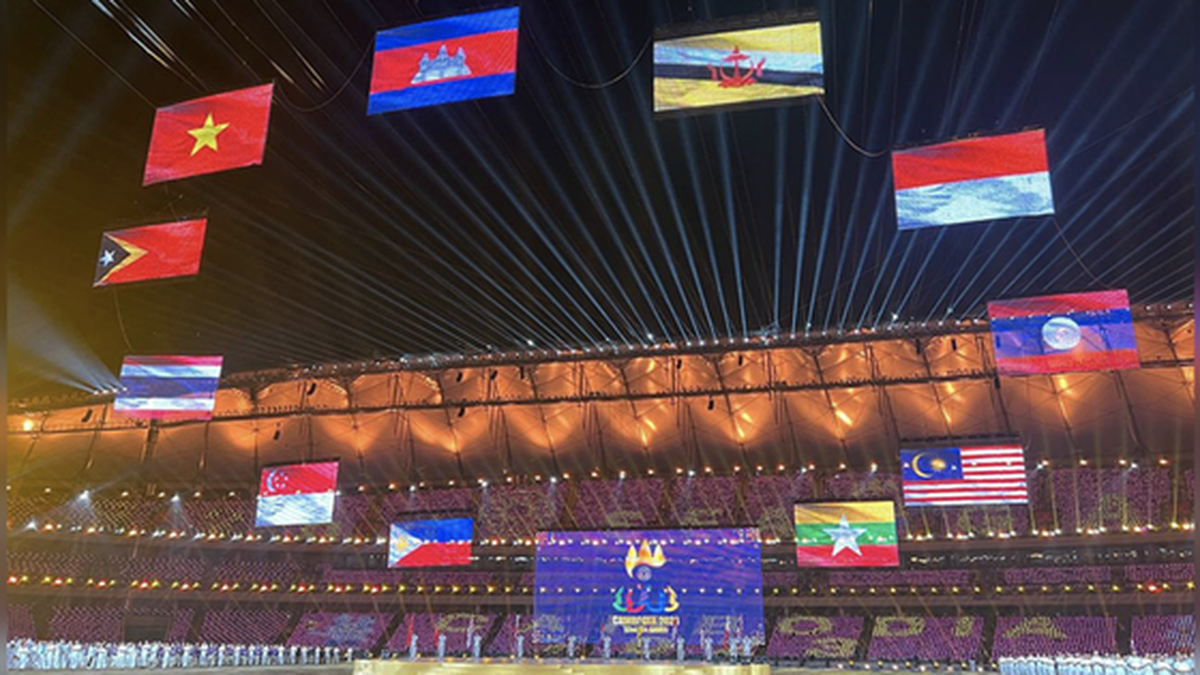

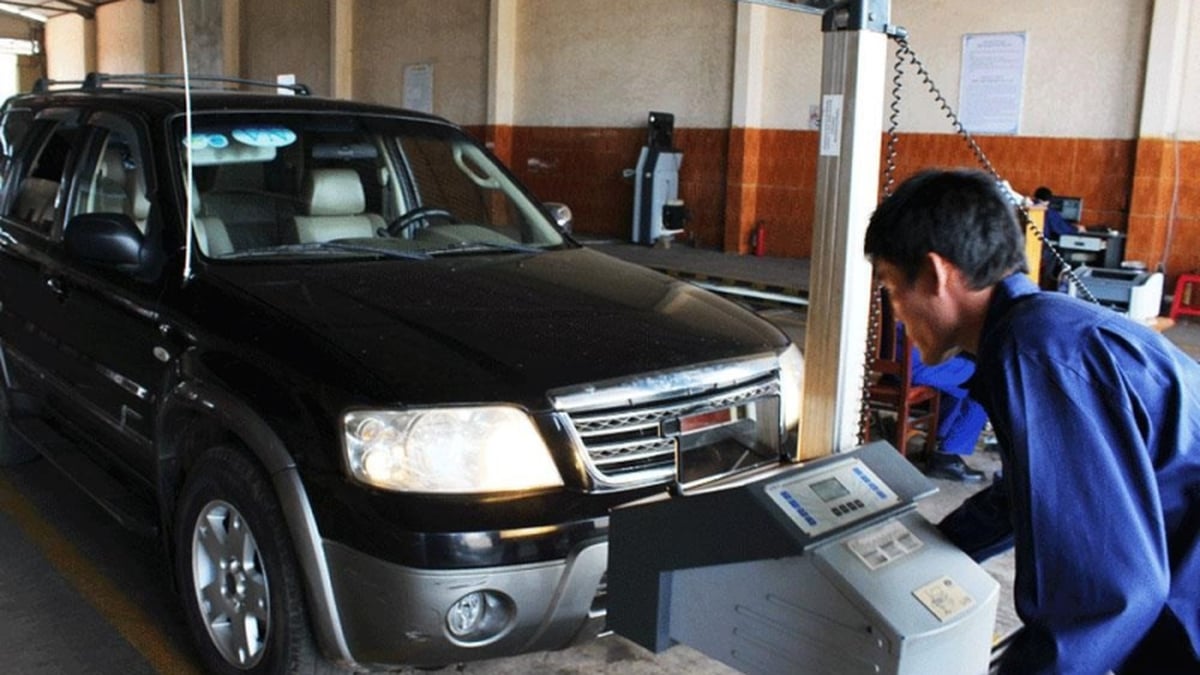
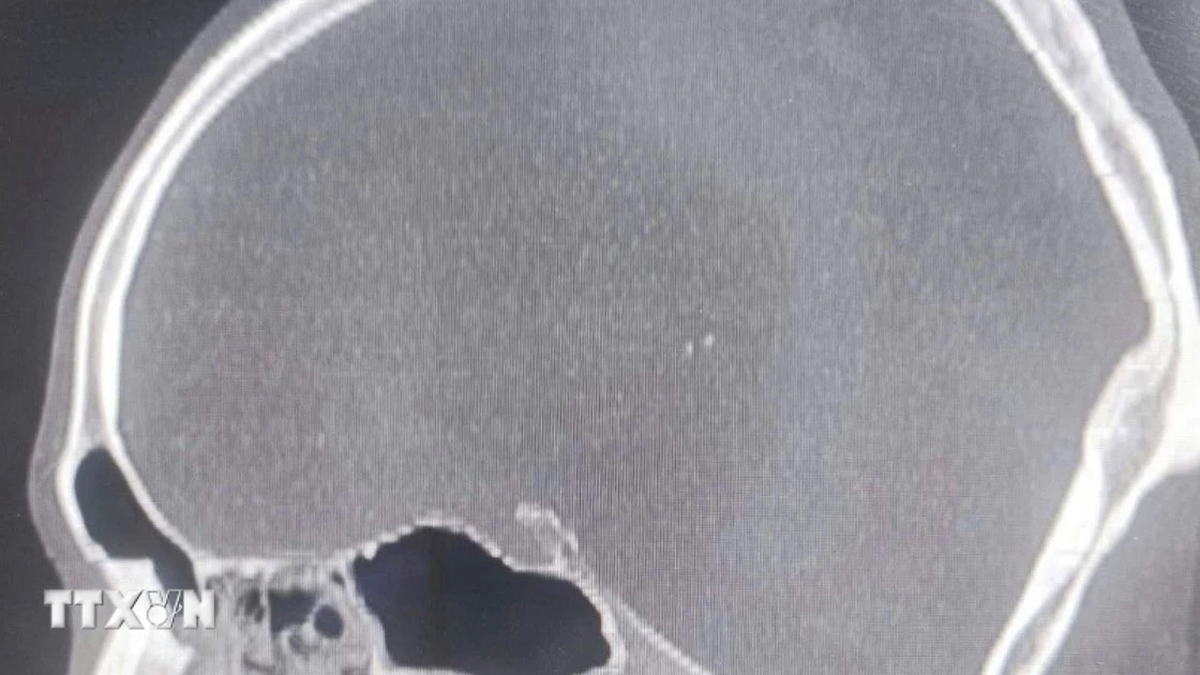
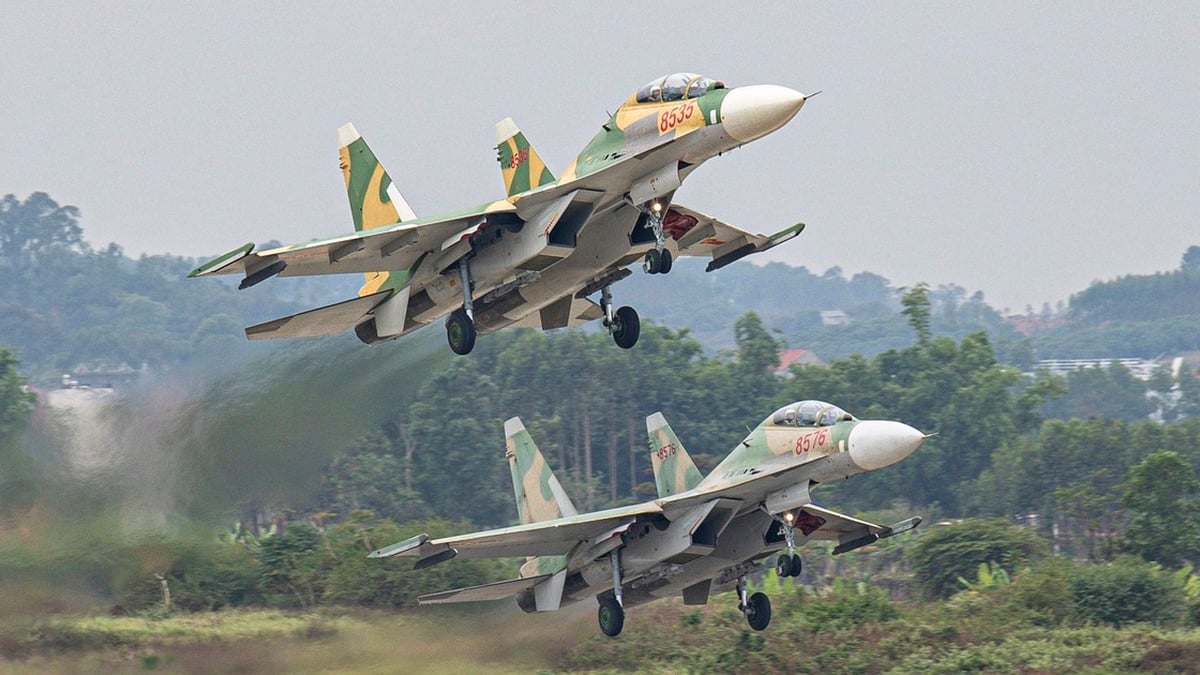
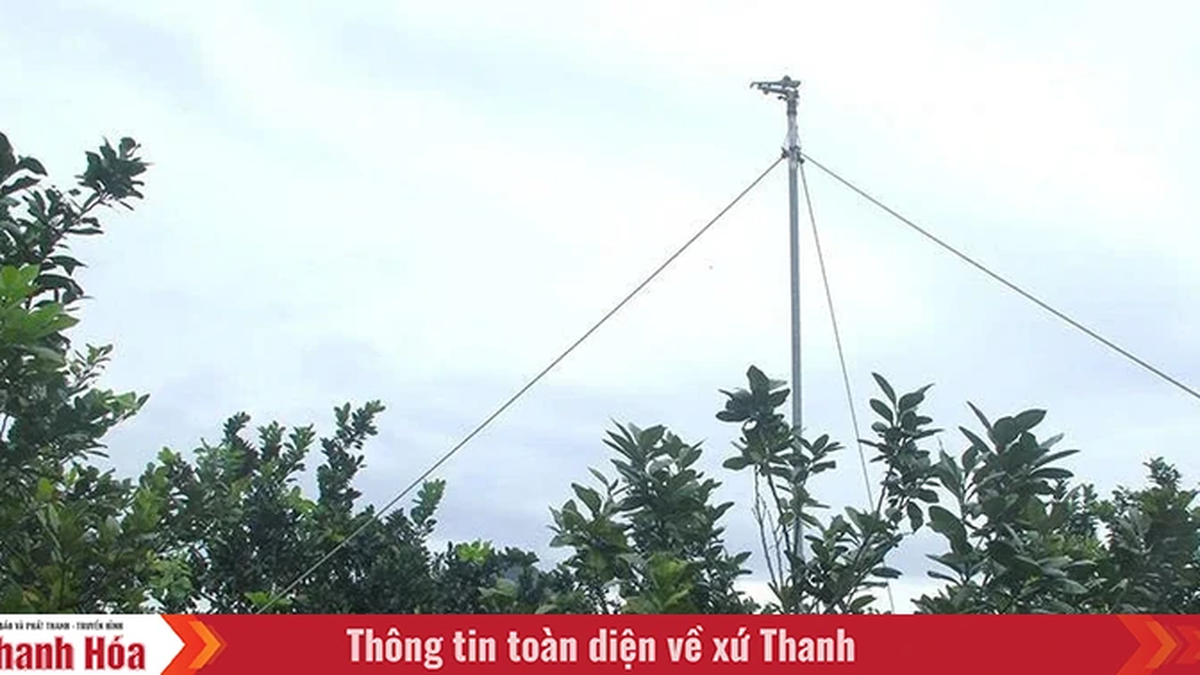
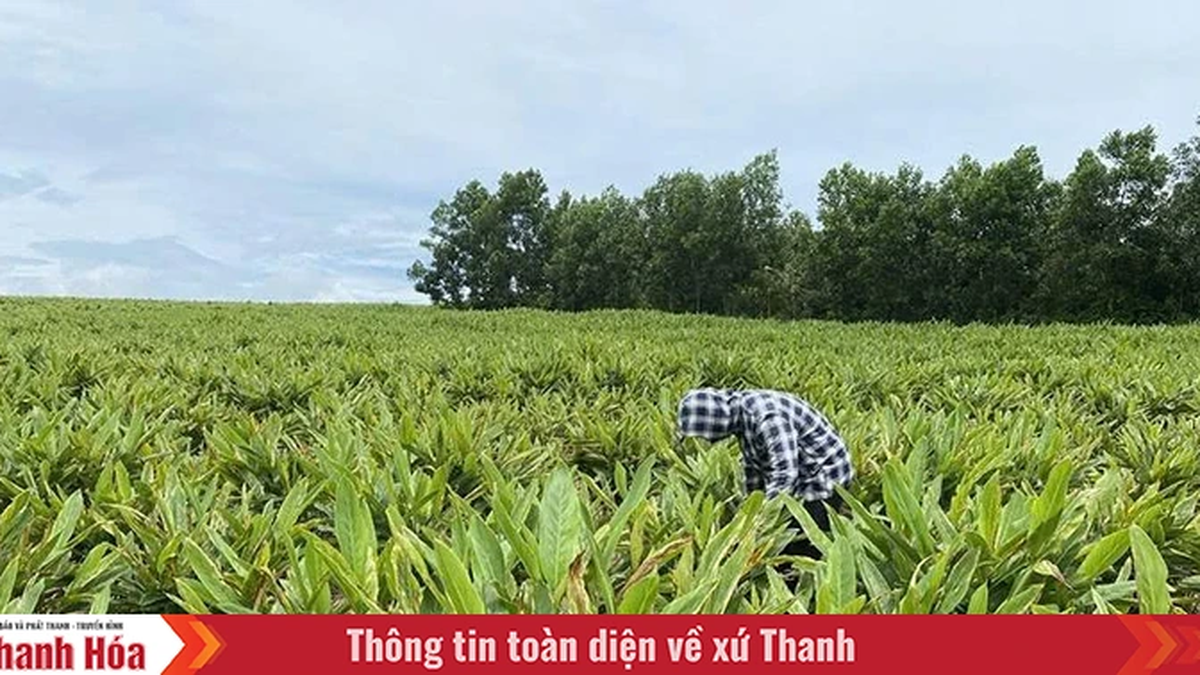
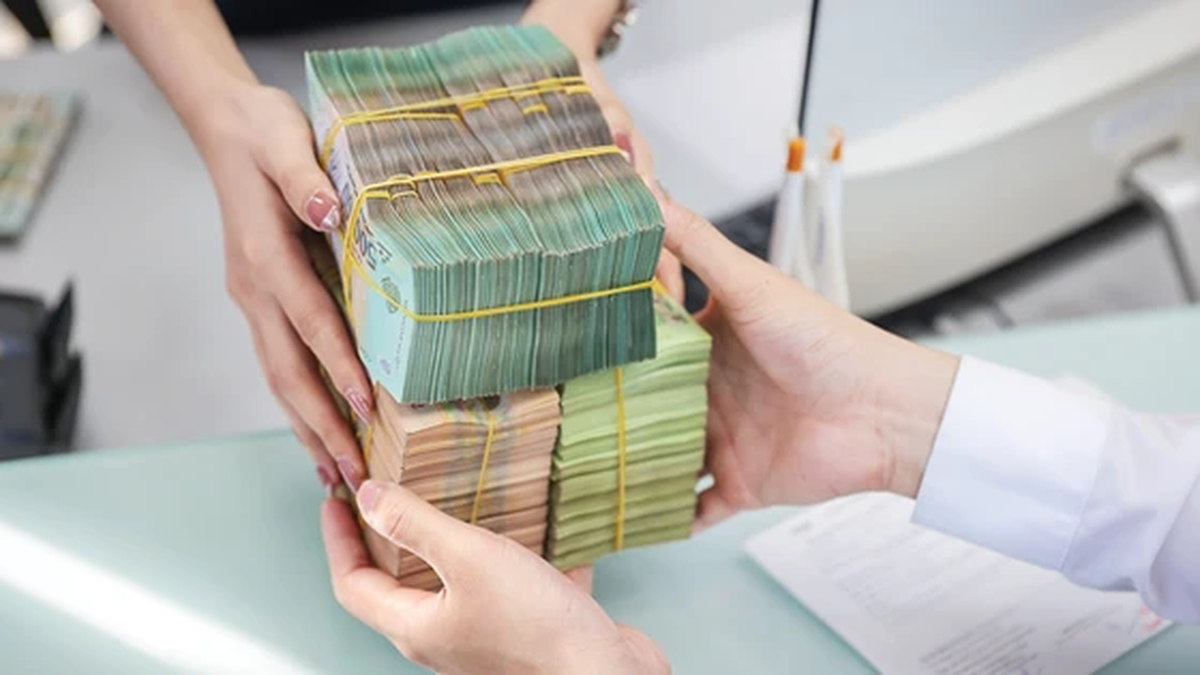
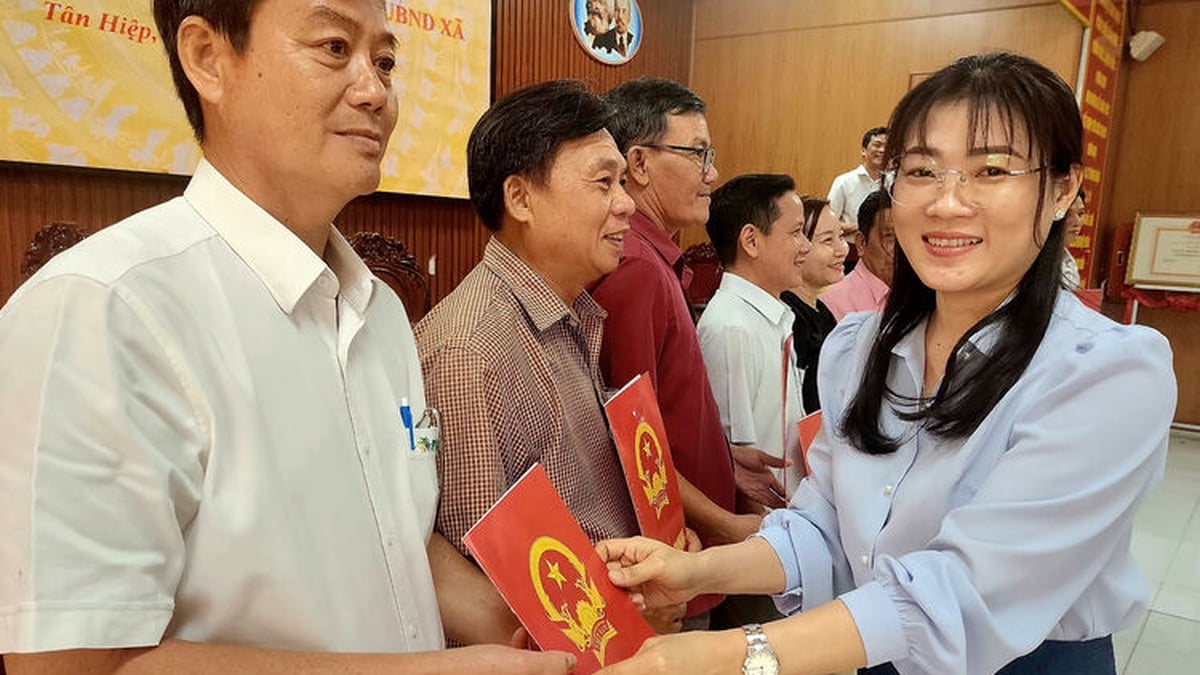
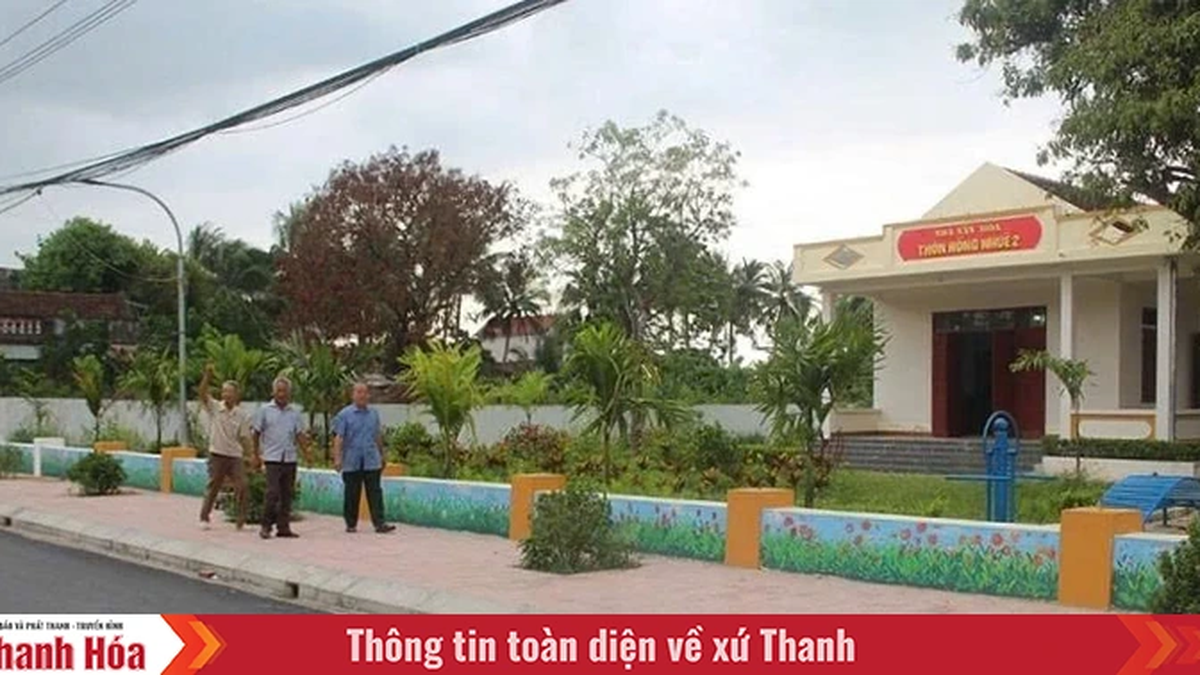












































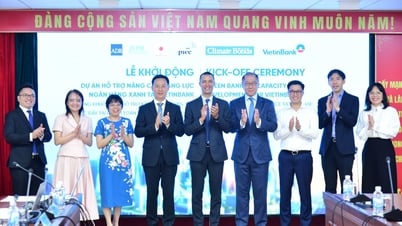





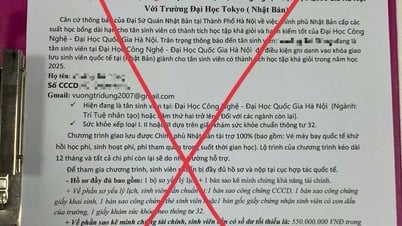
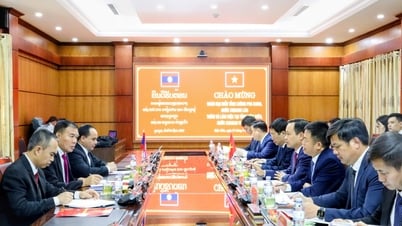


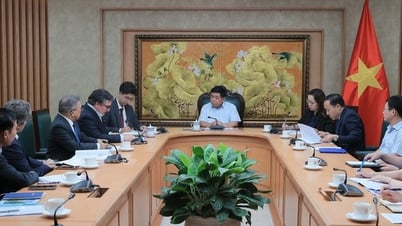


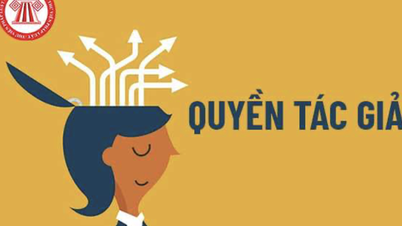

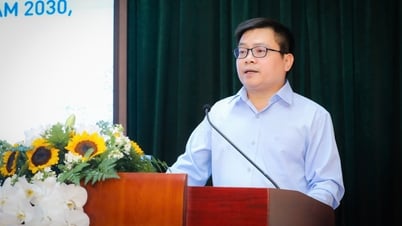


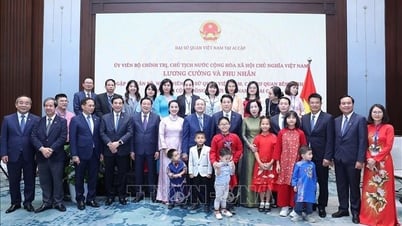

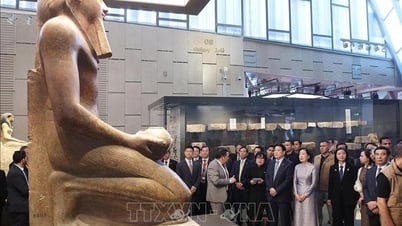






















Comment (0)